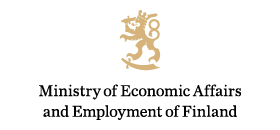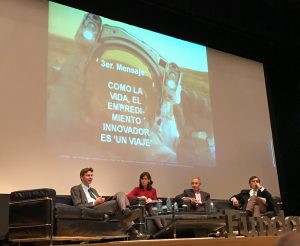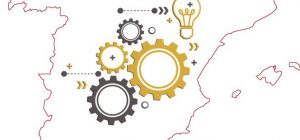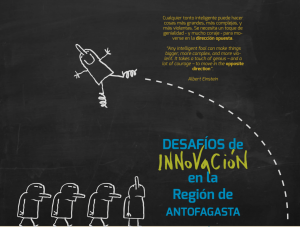 The Ministry of Economic Affairs and Employment, the Finnish Funding Agency for Innovation TEKES and the Finnish Innovation Fund SITRA organised in autumn 2016 an international workshop to compile international research data on developing ecosystems. Totti Könnölä, CEO of Insight Foresight Institute, presented the paper “Co-creating Pan-European Innovation Ecosystems: reflections from the EIT”.
The Ministry of Economic Affairs and Employment, the Finnish Funding Agency for Innovation TEKES and the Finnish Innovation Fund SITRA organised in autumn 2016 an international workshop to compile international research data on developing ecosystems. Totti Könnölä, CEO of Insight Foresight Institute, presented the paper “Co-creating Pan-European Innovation Ecosystems: reflections from the EIT”.
Competition in the global economy has increasingly become a battle between various networks or ecosystems. Companies can often no longer be competitive just using their own know-how. Instead, and in addition to their own competitive advantages, they need the benefits offered by strong partners. Such partners may include other companies and public sector or civil society organisations. Various business incubators, business accelerators and organisations specialising in promoting the use of various technologies may have an important role as platforms for testing, developing and distributing new ideas.
See all the papers presented in the seminar.

 A reflection of the almost finished year: at the same time that the Cotec Foundation for Innovation celebrated its “the must” spring event, near Seseña a tyre bonfire was burning full flame. Those lost tyres could have become a business opportunity, an important service for our community and to the environment. Since the 70s the MIT professor Nichols Ashford, and more recently, Andrea Renda, from the CEPS European think tank, find evidence that an adequate regulation can create innovation, particularly to face the grand societal challenges. On the contrary, an inappropriate regulation can not only worsen the emerging opportunities, but prevent the potential innovators, professionals and entrepreneurs to innovate at all.
A reflection of the almost finished year: at the same time that the Cotec Foundation for Innovation celebrated its “the must” spring event, near Seseña a tyre bonfire was burning full flame. Those lost tyres could have become a business opportunity, an important service for our community and to the environment. Since the 70s the MIT professor Nichols Ashford, and more recently, Andrea Renda, from the CEPS European think tank, find evidence that an adequate regulation can create innovation, particularly to face the grand societal challenges. On the contrary, an inappropriate regulation can not only worsen the emerging opportunities, but prevent the potential innovators, professionals and entrepreneurs to innovate at all. The co-founder of IFI, Totti Könnölä co-authored the European Foresight Platform brief on the foresight programme, of which overall objective was to enhance innovation-driven sustainable economic development of the Antofagasta region in Chile. The main purposes of the foresight
The co-founder of IFI, Totti Könnölä co-authored the European Foresight Platform brief on the foresight programme, of which overall objective was to enhance innovation-driven sustainable economic development of the Antofagasta region in Chile. The main purposes of the foresight